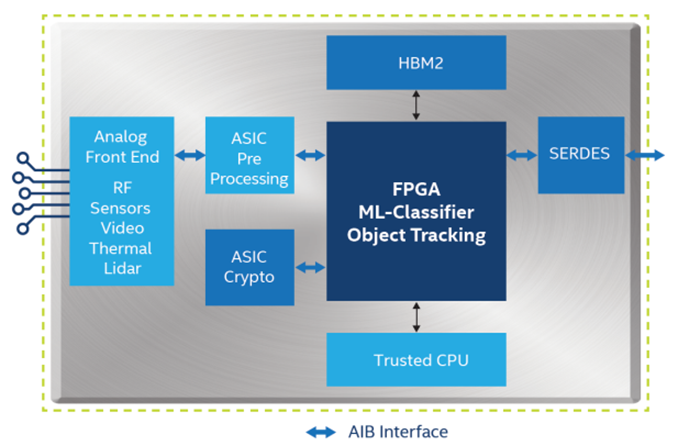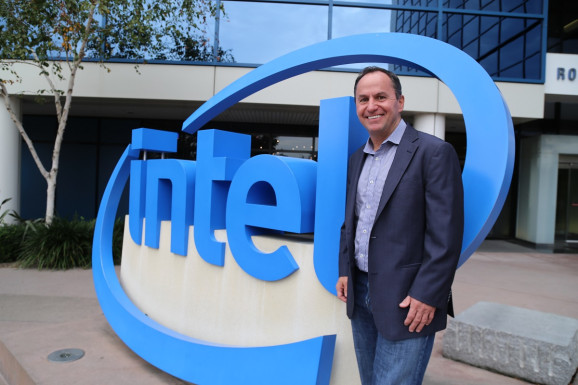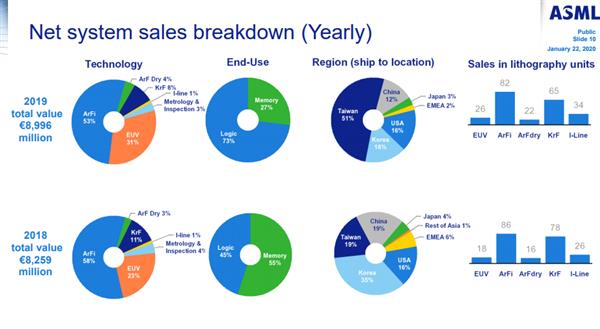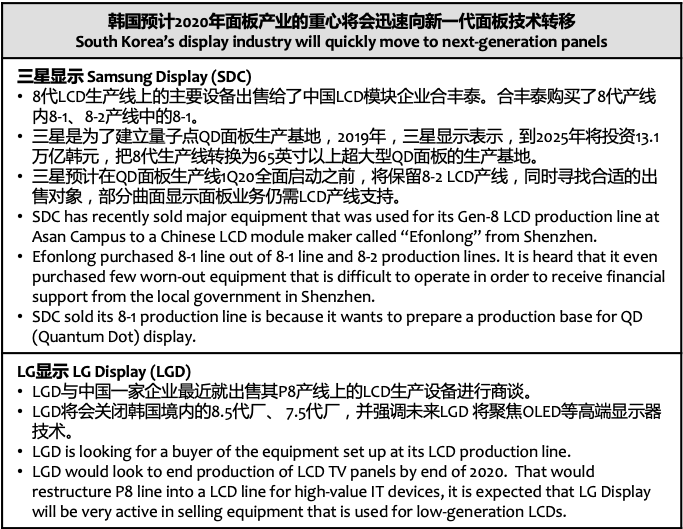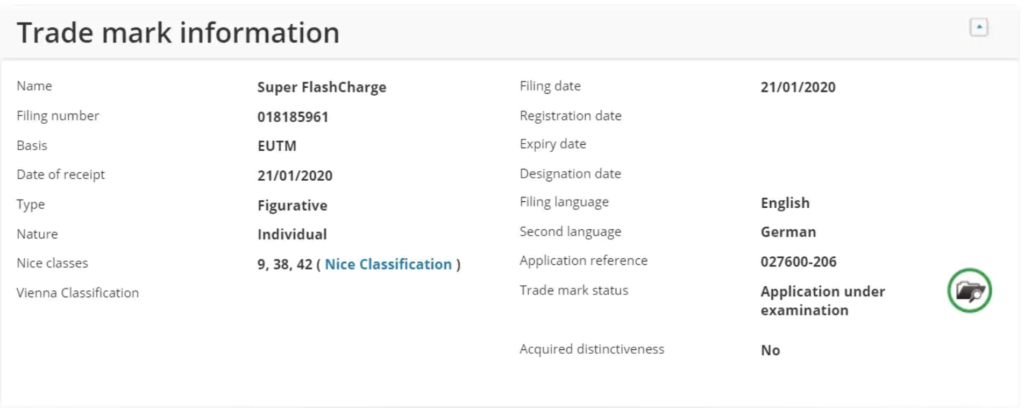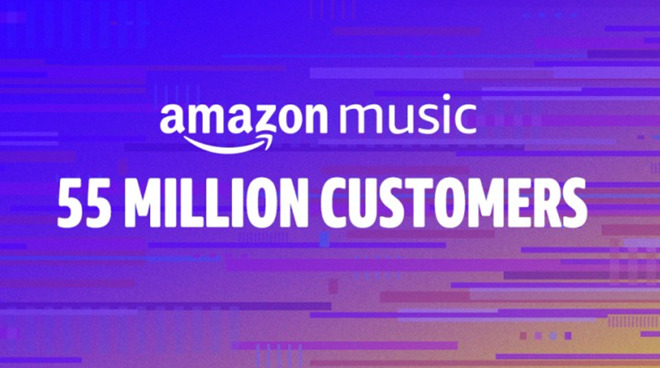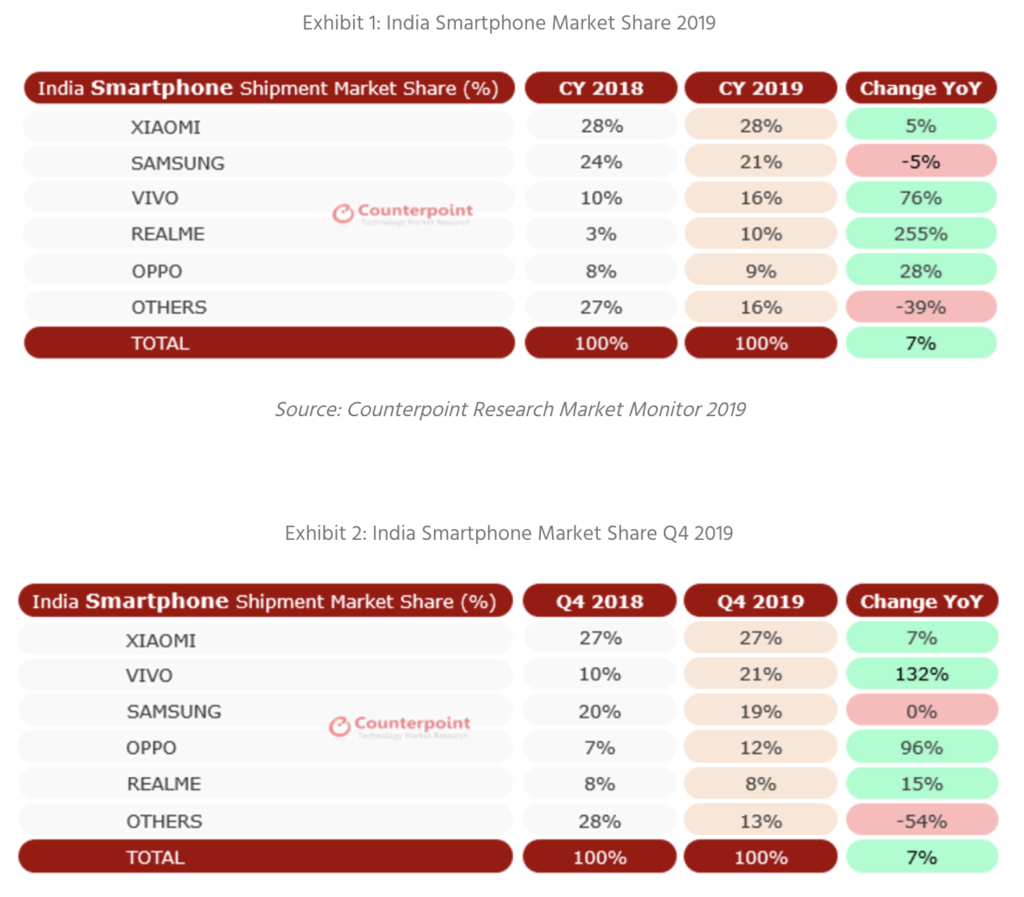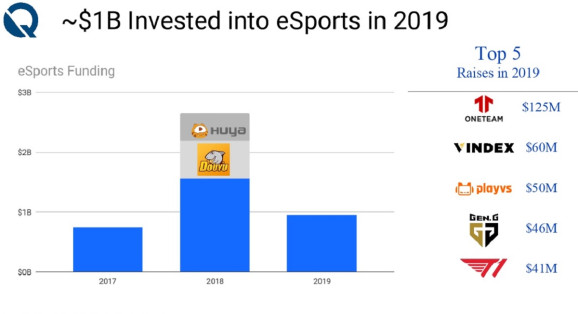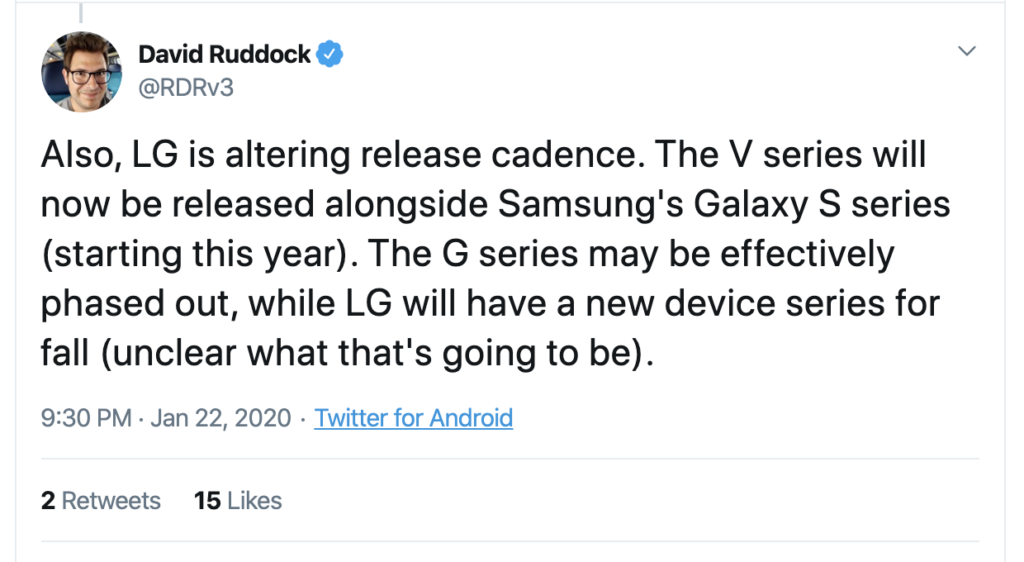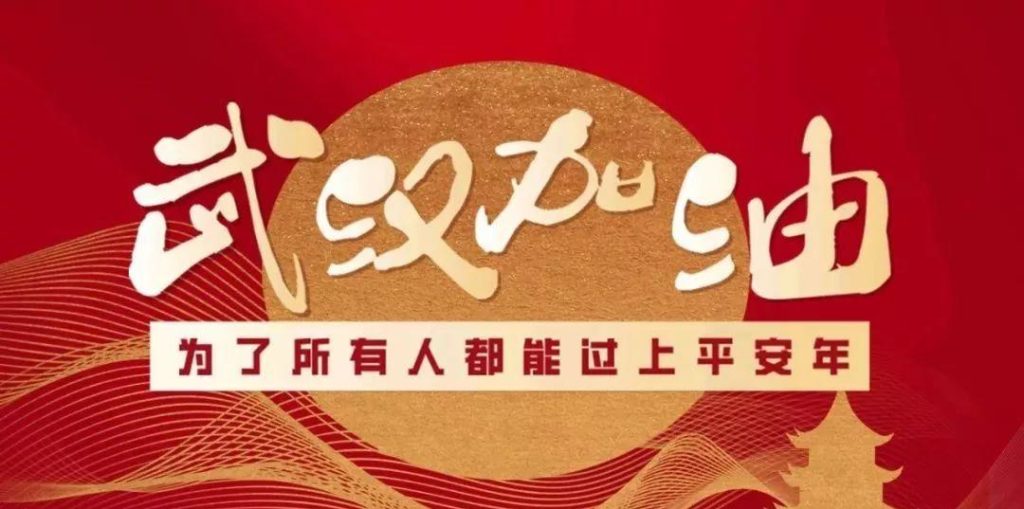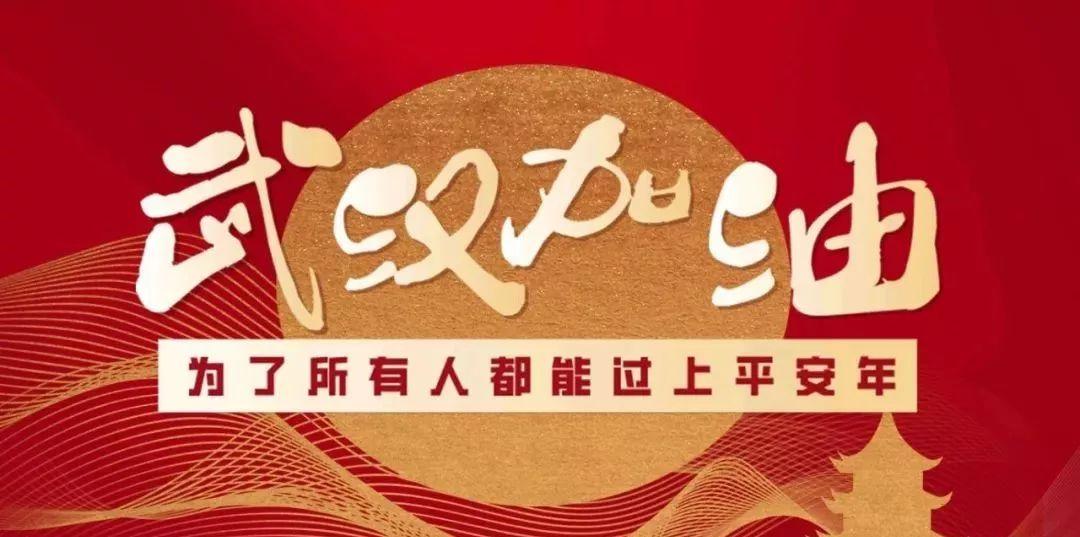
1-27 Pray for Hubei: Intel has joined the CHIPS Alliance; Broadcom has announced that it has signed two new agreements with Apple; etc
Chipsets
Intel has joined the CHIPS Alliance and is contributing its Advanced Interconnect Bus (AIB), a protocol that can be used with Intel’s EMIB packaging technology. The CHIPS Alliance is hosted by the Linux Foundation and was set up to fuel the creation of open SoC and software for a range of applications, though developing open source hardware code (RTL). (CN Beta, AnandTech, Tom’s Hardware)
Intel CEO Bob Swan has revealed that in 2019, the company generated USD3.8B in AI-based revenue. The AI market opportunity is expected to be USD25B by 2024. (VentureBeat, Yahoo, NASDAQ)
Wireless antenna and power amplifier maker Broadcom has announced that it has signed two new agreements with Apple to source wireless parts for future devices, a deal that could generate USD15B — and keep Broadcom’s RF division viable. (VentureBeat, Broadcom, IT Home)
ASML’s 4Q19 sales came in at EUR4.0B, bringing the total net sales for the year to EUR11.8B. They shipped 8 EUV systems in 4Q19 and they received orders for 9 EUV systems. For ASML, 2019 was another growth year, mainly due to strong Logic demand for both DUV and EUV. They recorded an order intake for EUV of EUR6.2B during the year and saw the adoption of EUV in high-volume manufacturing. (My Drivers, Market Watch, ASML)
Touch Display
Philips has demonstrated a new technology in development that aims to tackle the biggest problems of OLED: on-screen logos and identifiers. An algorithm has been created that can recognise logos, map them and purposely reduce the brightness of only that area, leaving the rest of the moving picture untouched. (What Hi-Fi, Pocket-Lint)
It is expected the center of gravity of South Korea’s display industry will quickly move to next-generation panels as Samsung Display and LG Display are trying to lessen their LCD businesses as quickly as they can. (Laoyaoba, ET News)
Battery
vivo has filed to obtain a trademark for the Super FlashCharge moniker from the European Union Intellectual Property Office (EUIPO). There is no word about when or on what phone the Super FlashCharge technology will debut, but as per a previous certification, this might well be the 55W charging standard. (CN Beta, NDTV)
Phone
TikTok has announced a deal with Merlin that will allow it to use music from tens of thousands of independent labels in its videos, as well as on its new music streaming service Resso. (Android Central, TechCrunch)
Amazon has announced that its music streaming service had over 55M customers globally. Amazon Music has grown nearly 50% year-over-year across the US, UK, Germany, and Japan, and has more than doubled in our newer countries such as France, Italy, Spain, and Mexico. (CN Beta, Motley Fool, The Verge, Reuters, Financial Times)
According to Counterpoint Research, India smartphone market has surpassed the USA for the first time on an annual level, becoming the second-largest smartphone market globally, reaching 158M shipments in 2019 with 7% YoY growth. “Chinese brands’ share hit a record 72% for 2019 compared to 60% a year ago. (Counterpoint Research)
According to Quantum Tech Partners, in 2019 there are USD1B being invested in the eSports industry. The agency also it expects the industry to reach USD4B in revenues by 2022, far more than USD2.96B predicted by Goldman Sachs and USD1.79B predicted by market researcher Newzoo. (VentureBeat)
LG’s V series will reportedly be rivalling with Samsung Galaxy S series. LG’s G series may allegedly be phased out and it will have a new series arriving later 2020. The new series could be aimed to rival with Samsung Galaxy Note series, Apple’s iPhones in 2020 and Google’s next generation Pixel series smartphones. The company be also prepping some foldable phones to take on Samsung’s foldable smartphones. (Gizmo China, Twitter)
In order to support the fight against coronavirus in the hardest-hit city of Wuhan, several Chinese smartphone makers have started donating money. So far, the list of companies who have contributed includes Huawei (CNY30M), OPPO (CNY30M), vivo (CNY30M), nubia (CNY600K), realme (CNY500K), TCL (CNY10M), and Meizu (CNY300K). Xiaomi has supplied medical protective materials in the first batch which are worth around CNY300K while Lenovo is providing all IT support equipment needed for emergency assistance to Wuhan Emergency Medical Engineering. (Gizmo China, BJ News, Zing Gadget, Sina)
